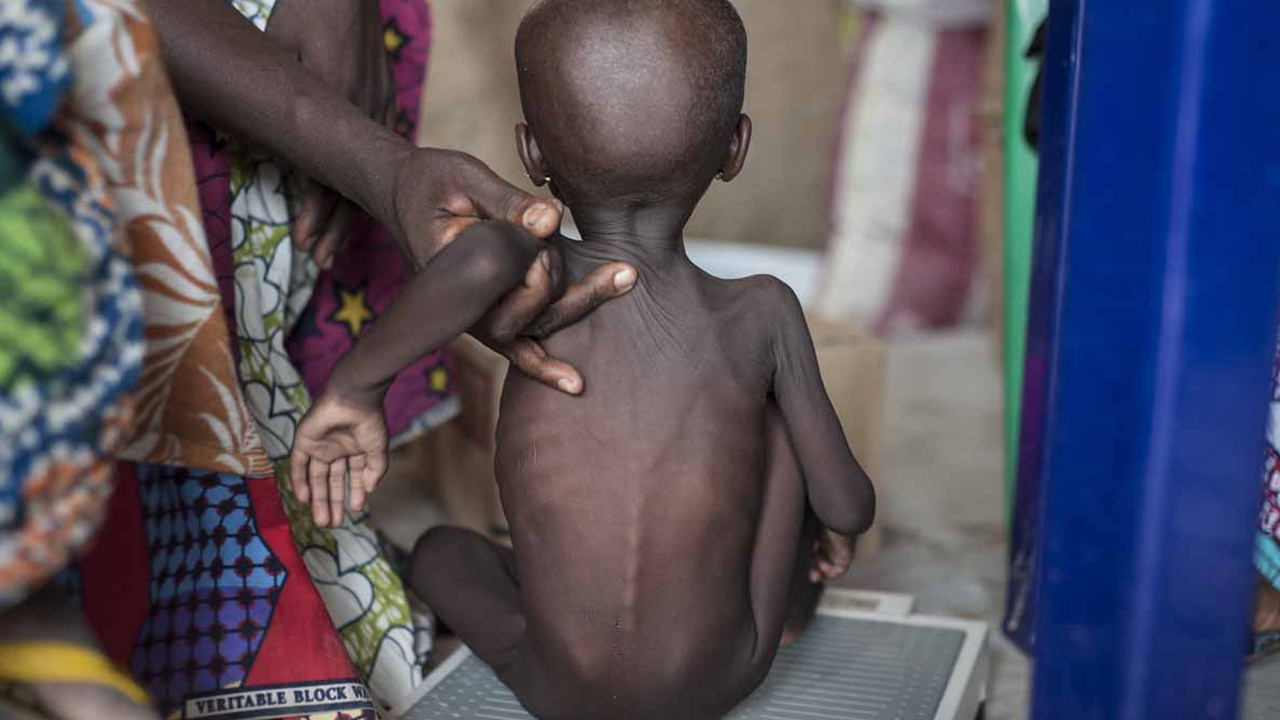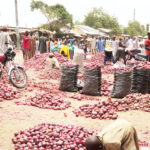The Nigerian Economic Summit Group (NESG) has raised the alarm over rising inflation and increasing food prices which it says may worsen malnutrition and food insecurity among millions of women and children in Nigeria.
The Chief Executive Officer of NESG , Dr. Tayo Aduloju, made the disclosure over the weekend at a press conference of the Policy Innovation Centre (PIC).
The briefing was held ahead of NESG-PIC’s Gender and Inclusion Summit 2024 (GS-24), tagged “Reimagining Gender-Inclusive Pathways and Partnerships for Poverty Reduction”, set scheduled for September 4 and 5, 2024 in Abuja.
Highlighting the Global Hunger Index (GHI) 2023, he said Nigeria ranked 109th out of 125 countries, indicating severe hunger levels, with women, girls and persons with disabilities facing higher food insecurity as a result of inflation and worsening economic situation.
“In 2024, around 26.5 million Nigerians are projected to be food insecure, with about 4.8 million at risk in the conflict-affected northeast.
“Similarly, approximately 9 million children under five are at risk of acute malnutrition, impacting their growth and further perpetuating poverty.
“Conflict, climate change, inflation, and increasing food prices are among the pathways contributing to the rise in high food insecurity and malnutrition rates,” he explained.
He added that the development is why the Gender and Inclusion Summit 2024 is being convened to arrive at clear-cut gender-inclusive strategies and imperatives for poverty reduction.
The Executive Director of the Policy Innovation Centre, Dr Osasuyi Dirisu, also stated that “the intersection of poverty and gender inequity underscored profound challenges in health, livelihood, and living conditions, particularly evident in Nigeria.
According to her, many families in Nigeria are experiencing severe poverty, aggravated by disparities in access to resources and opportunities.
“Africa is home to a significant proportion of the world’s poorest and marginalised populations. Despite economic growth in some regions, poverty remains pervasive, with a large segment of the population living below the poverty line of $2.15.
“The slow progress of many African countries in achieving their full social and economic potential has been linked to the failure to embrace gender equity,” she added.

 Join Daily Trust WhatsApp Community For Quick Access To News and Happenings Around You.
Join Daily Trust WhatsApp Community For Quick Access To News and Happenings Around You.


